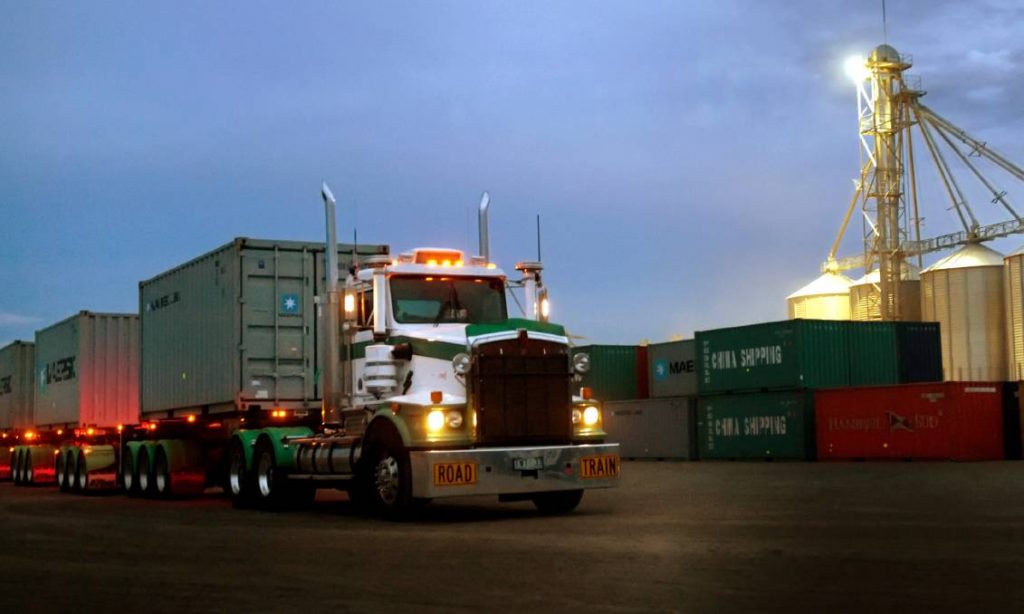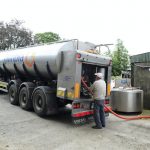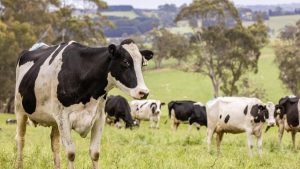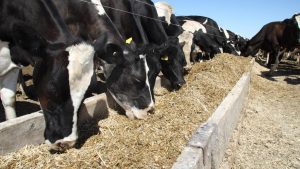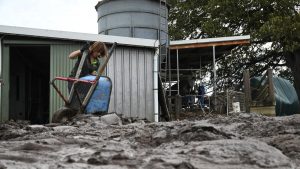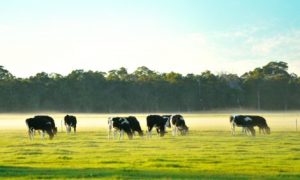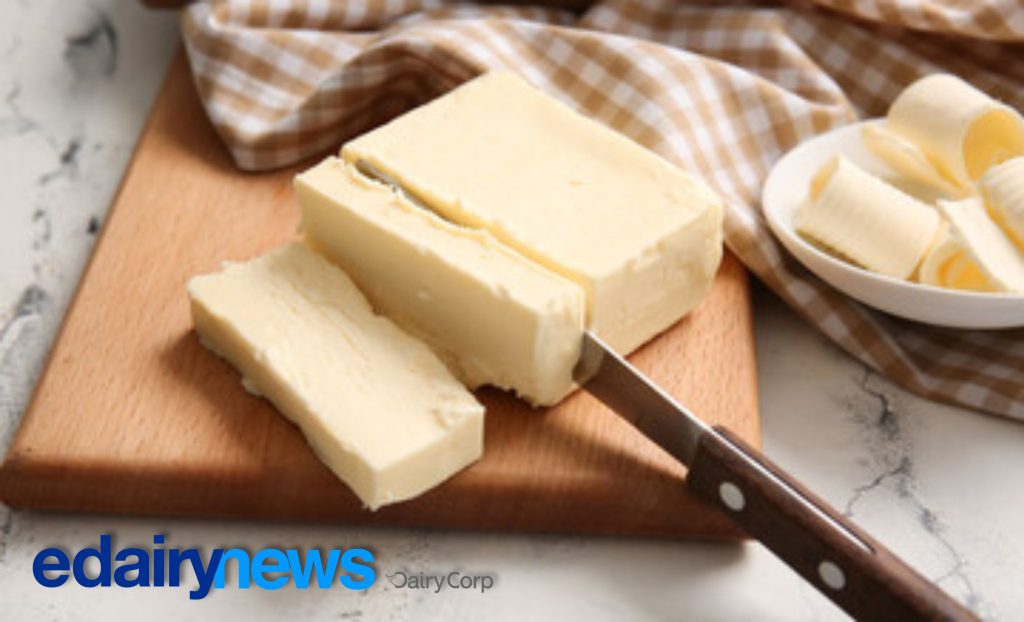
International agribusiness lender Rabobank is forecasting a severe global recession and slow recovery, with every market serviced by Australian agricultural exporters effectively now in recession.
With the exception of China, South Korea and India, the bank predicted any recovery during 2021 would not be strong enough to offset the growth slump expected in key economies this year.
The world economy was set to contract 2.6 per cent on 2019 results to just 1.2pc.
However, despite current global market disruption Australia had navigated the past few months of the coronavirus emergency better, or as well as, anywhere said Rabobank’s Australian head of food and agribusiness research, Tim Hunt.
Even if you are selling food, it will be a slow and challenging market into 2021
– Tim Hunt, Rabobank
“Government policy response supporting agriculture has kept supply chains open, maintaining exports and admirably managing to get crop chemical and fertiliser into the country to service farmers needs,” he said.
“But even if you are selling food, it will be a slow and challenging market into 2021 because a lot of consumers around the world and domestically will feel the pinch for some time.
“Coronavirus has already generated long unemployment queues, most notably in the US, but even Australian jobless numbers are forecast to reach 10pc.”
Fuel, fert bonus
On the other hand, analyst Wes Lefroy noted global prices for fertiliser were likely to stay historically low for at least until spring – well timed for Australian farmers who import almost two thirds of their nutrient needs between April and July.
Poor global demand and ample stocks were set to suppress oil prices until at least December, ensuring historically low farm diesel prices.
Although China currently leads the recovery from the pandemic and has re-opened most food service outlets, operators such as Starbucks and Yum! Brands expected a slow return to normal food buying habits.
Rabobank researchers tipped food service sales would be about 30pc behind last year for the April to July period and suspected the whole Chinese economy would recover “more slowly than most think”.
“Data on electricity and public transport use suggest activity remains piecemeal,” the bank reported in its latest COVID-19 update.
Chinese consumers were cautious about returning to eating out and government restrictions on group dining and dish sharing meant banquets would take time to regain favour.
That did not bode well for premium Australian red meat exports and our wine industry which had already felt a significant slump in sales China, a concern now compounded by reduced wine consumption in Spain and Italy during the lockdown which left rising inventories in Europe.
With US wine stocks also high, Rabobank horticulture analyst Hayden Higgins tipped intensifying competition in all key markets for 2020.
However, Mr Hunt noted the COVID-19 fears had hit US meat processors so hard domestic abattoir output was down 30pc, driving up retail prices and opening American doors to prime lean Australian beef sales.
